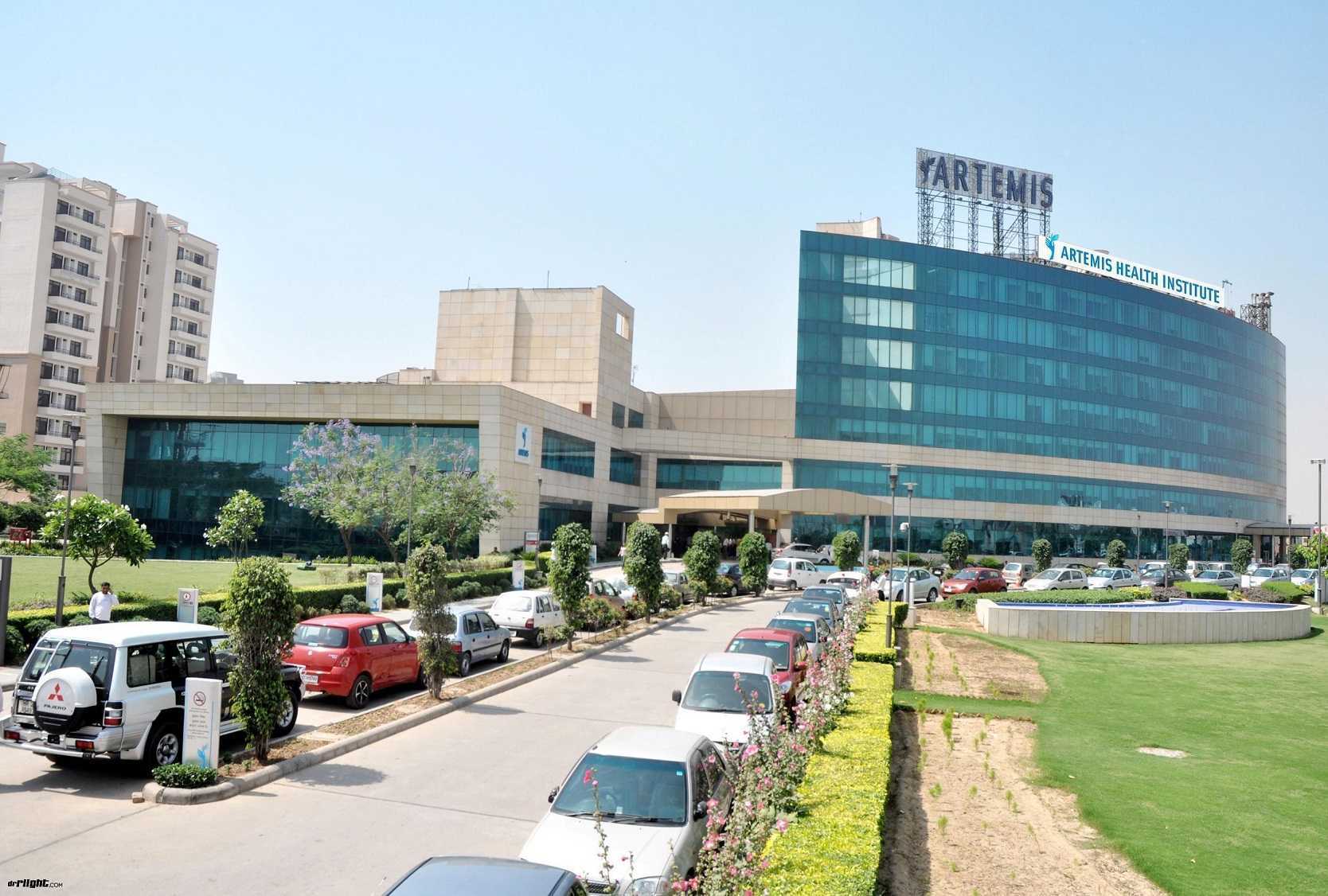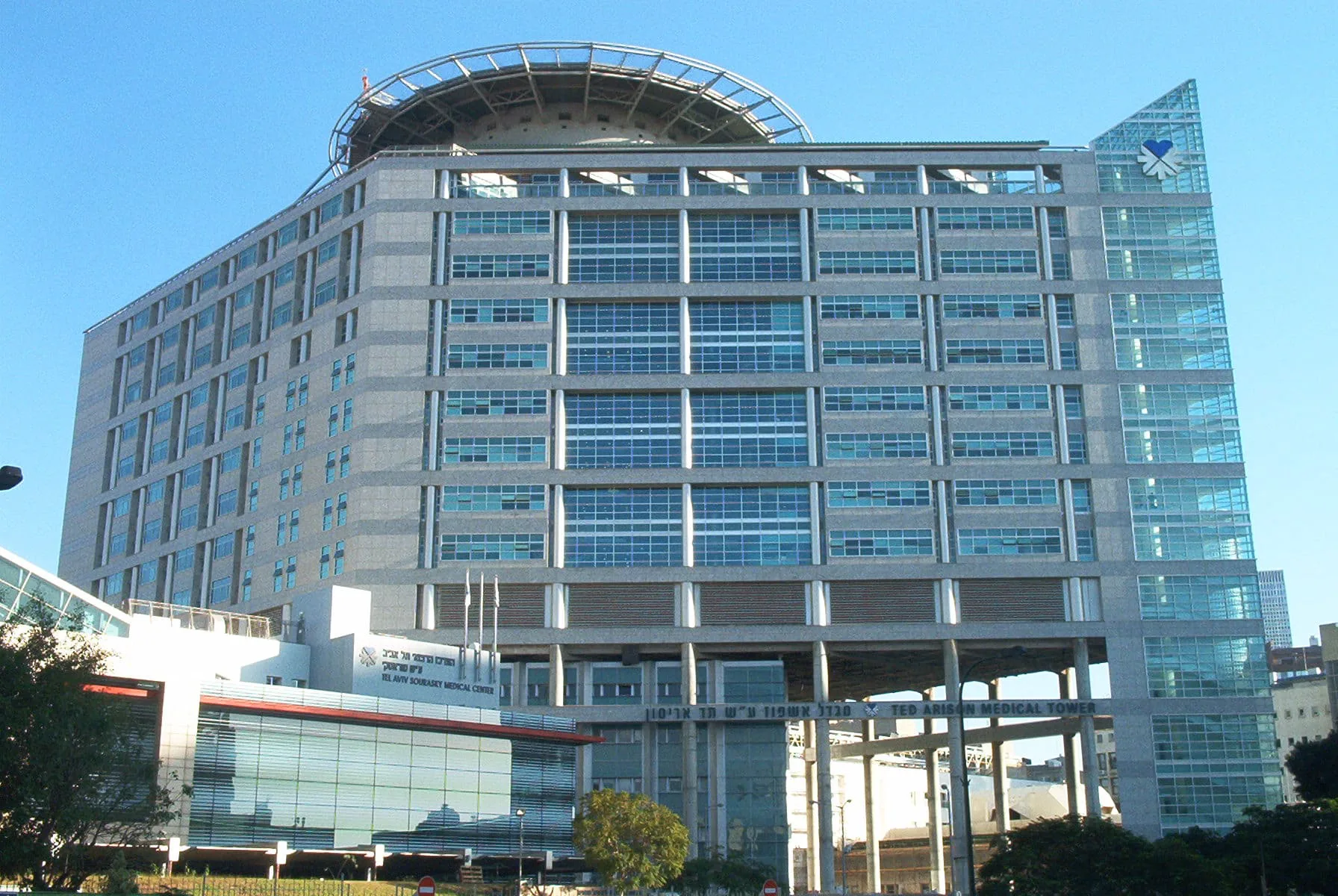Systemic Lupus Erythematosus/SLE: Causes, Symptomatology and Cure
SLE syndrome – autoimmune type pathology of a chronic nature. Lupus manifestation is swelling and pain everywhere – inflammatory processes consequence. With this pathology, the immune system functions defectively, attacking its own cells, and not hostile ones. Thus, healthy cells are at risk.
Its symptomatology is manifested by flashes, and doesn’t have constancy. Simultaneously, manifestation degree can be both mild and strict enough to have significant daily life impact.
Disease types
- Skin lupus erythematosus – illness provokes skin excessive sensitivity to sunlight, extensive rashes and itching. Sometimes, the patient’s hair falls out.
- Drug pathology – lupus, provoked by meds.
- Neonatal pathology – rare disease type diagnosed at birth; in organisms, cells affected by lupus develop during the embryo formation.
Systemic lupus erythematosus causes
Why SLE glomerulonephritis syndrome arises and progresses is unknown. Nevertheless, medical community representatives are actively working on this. Among the possible factors having a beneficial effect on lupus development, the following can be distinguished:
- hormonal levels modifications – women are more susceptible to this illness, as they undergo many hormonal background changes. Mostly, lupus is diagnosed in 15-44 age group, with higher estrogen levels;
- environmental – some of natural aspects can provoke systemic lupus erythematosus pathology, particularly, excessive sunlight absorption by skin;
- certain medicines;
- severe stressful environment;
- family history – lupus is genetic in nature.
Pathology symptoms
The onset of systemic erythematosus lupus symptoms can be quite mild and insignificant. Over time, their severity changes. General symptomatology are as follows.
- Ache in joints and muscles.
- Skin rash and itching.
- Temperature rises to 39+.
- Excessive sensitivity and susceptibility to sunlight.
- Ulcers in the oral cavity.
- Dryness in eye membranes.
- Constant fatigue.
- Ache in the chest and stomach.
- Mind confusion, frequent depression bouts.
- Hair loss.
With systemic lupus erythematosus, skin rash has a certain character. Extensive patches of rich red color occur in hands and wrists’ areas, and on facial skin – butterfly-shaped eruptions affecting cheeks and nose bridge. Mostly, rashes begin to actively manifest themselves after a person has spent hours in the open sun.
When a rash occurs, discomfort, itching and pain are felt. Sometimes, the rash disappears quickly, nevertheless, some ulcers persist for a long time.
Lupus diagnosis
Diagnosing lupus is quite difficult, and the process takes a long time. It’s grounded that pathology is similar in symptomatology to other illnesses, and it may take a long period for the full symptoms to develop.
First, doctors examine patients’ genetic history to identify the pathology presence in close relatives. Then, patients are prescribed laboratory tests for antinuclear antibodies – with lupus development, results are positive. Additionally, a general blood test is performed to detect inflammatory processes and other abnormalities.
Systemic lupus erythematosus treatment
Lupus erythematosus systemic disease is chronic and stays with people for life. There’s no therapy being able to eliminate the pathology. Cure’s goal is symptomatology remission by making them mild or inactive. Since lupus is completely unpredictable in nature, patients need to visit the doctor regularly and be examined.
Mostly, to relieve symptoms, patients are prescribed the following:
- meds: steroids, hydroxychloroquine, etc. In inflammatory processes, physicians prescribe appropriate meds eliminating the inflammation focus. The same is for painkillers;
- special ointments eliminating itching and rashes intensity.
More complex therapy is required if erythematosus systemic lupus aggressively affects organs: kidneys, lungs, etc.










